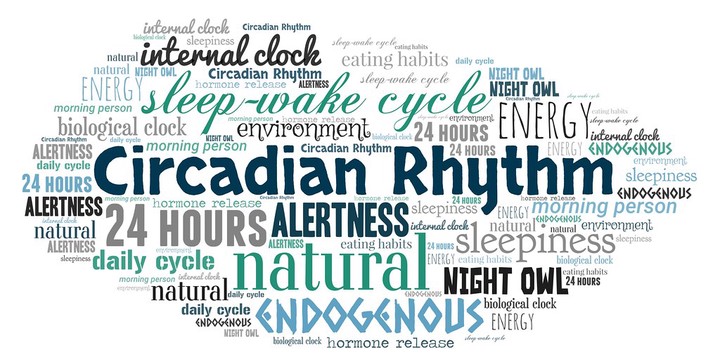Miscellaneous side-projects

Jetlag is the process of re-adjusting the internal clock to a change in the timing of the external cycle and is mediated by delaying or advancing the internal clock (also called phase-shifting in circadian parlance). We showed that the perturbation of a simple limit cycle model of an internal clock using a light pulse can be used to predict how rates of jetlag (or magnitude of phase-shifts) might differ at different temperatures in fruit flies.
In a separate study, we report the interesting finding that virgin female flies also exhibit a rhythm in egg-laying and , in fact, show more robust rhythmicity compared to mated females, which can be partially explained by the presence of a male.
Another series of studies, that I was a part of, demonstrated that circadian clocks persist for over 300 generations in fly populations maintained under constant light and constant dark environments (where presumably there is no advantage of synchronizing internal clocks to the external environment). We suggest that either there are intrinsic benefits of coordinating the timing of physiological events or clock genes are pleiotropic and involved in multiple functions in addition to circadian time-keeping.
I also co-designed a simple experiment to show that male flies have residual sexual drive (evening peak of locomotor activity) after mating with a single female which dissipates upon mating with multiple females. In contrast, female flies only show a generic effect of mating (reduction of evening activity peak or sex drive) irrespective of the number of partners.